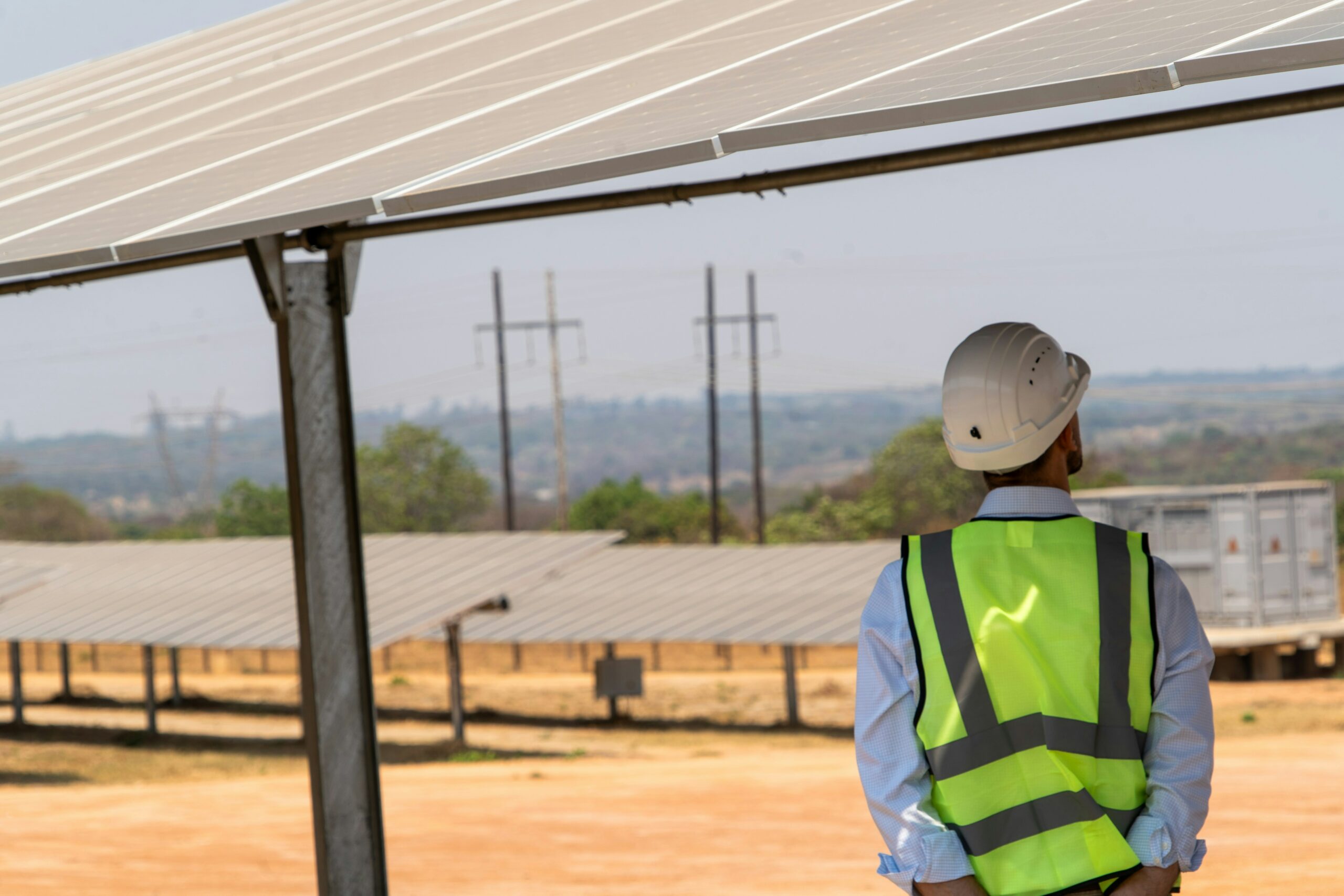In a rapidly changing world, Gen Z has emerged as a driving force for a greener and more sustainable future. Unlike previous generations, Gen Z (born between 1997 and 2012) has grown up with increasing awareness of environmental issues and the visible impacts of climate change. With their unique perspectives and a deep sense of urgency, this generation is not only advocating for sustainability but also actively shaping how businesses, governments, and communities approach environmental challenges. The influence of Gen Z on sustainability is profound, and it is only growing stronger.

A Generation Born Into Environmental Crisis
One of the key reasons Gen Z is more focused on sustainability is that they have grown up witnessing the effects of climate change firsthand. From severe weather events to shrinking biodiversity, this generation has seen how unsustainable practices have harmed the planet. For Gen Z, the climate crisis isn’t a distant threat; it’s a present reality. This has fostered a heightened level of environmental awareness and responsibility. Unlike their predecessors, who may have treated environmental issues as a secondary concern, Gen Z considers sustainability a core value, influencing everything from their consumption habits to career choices.
Driving Demand for Eco-Friendly Products and Services
Gen Z’s preference for sustainable products and brands is reshaping markets across the globe. Research shows that this generation is willing to pay a premium for eco-friendly options and expects transparency from companies regarding their sustainability practices. According to a survey highlighted by Autodesk, nearly 75% of Gen Z respondents stated they would prefer to buy from sustainable brands even if it costs more. Their demand for ethical, environmentally friendly products is pushing businesses to adopt green practices, rethink their supply chains, and reduce their carbon footprints. Companies that ignore this shift risk losing a significant share of this influential consumer base.
Leveraging Technology for Sustainable Solutions
Digital natives by nature, Gen Z is using technology as a powerful tool in their fight for sustainability. They are leveraging social media platforms to raise awareness, advocate for change, and hold corporations accountable. Additionally, this generation is embracing innovations such as renewable energy, sustainable design, and the circular economy. Tools like AI-driven software, green building solutions, and eco-friendly product design, as discussed in Autodesk’s article, are becoming popular among young creators who are determined to make a positive impact. Gen Z’s tech-savvy approach is accelerating the adoption of sustainable practices and encouraging the development of cutting-edge solutions for environmental challenges.

Advocating for Policy and Systemic Change
Beyond influencing consumer behavior, Gen Z is also making waves in the political sphere by advocating for systemic changes that support sustainability. They are vocal about the need for comprehensive environmental policies and regulations, from reducing single-use plastics to advancing renewable energy initiatives. This generation has a strong presence in grassroots movements, climate strikes, and advocacy groups, using their collective voice to push for government action on climate issues. By prioritizing long-term sustainability over short-term profits, Gen Z is helping to steer policy discussions towards a more sustainable future.
Redefining Success for a Sustainable Future
Gen Z’s vision of success goes beyond personal wealth and career achievements; it’s rooted in creating a positive and lasting impact on the world. This generation is redefining what it means to be successful by emphasizing social and environmental responsibility. They are more likely to pursue careers in green industries, support businesses that prioritize sustainability, and engage in activism to address climate change. As a result, their values are setting new standards for companies and policymakers, urging them to prioritize sustainable development. Gen Z’s commitment to sustainability is a powerful force that promises to reshape our world for the better, making it greener, more equitable, and more resilient.
The future of sustainability looks promising with Gen Z at the forefront. Their passion, technological proficiency, and collective action are paving the way for a more sustainable world, inspiring individuals, businesses, and governments to adopt greener practices. As this generation continues to rise in influence, their impact on the planet will likely be one of the defining legacies of our time.



